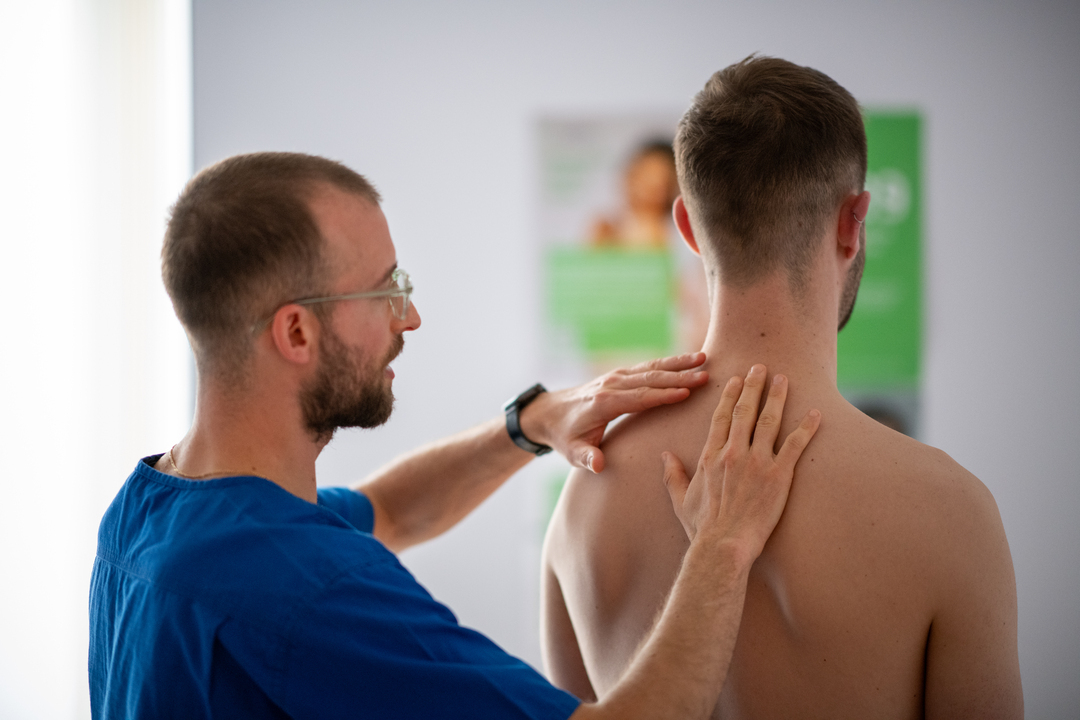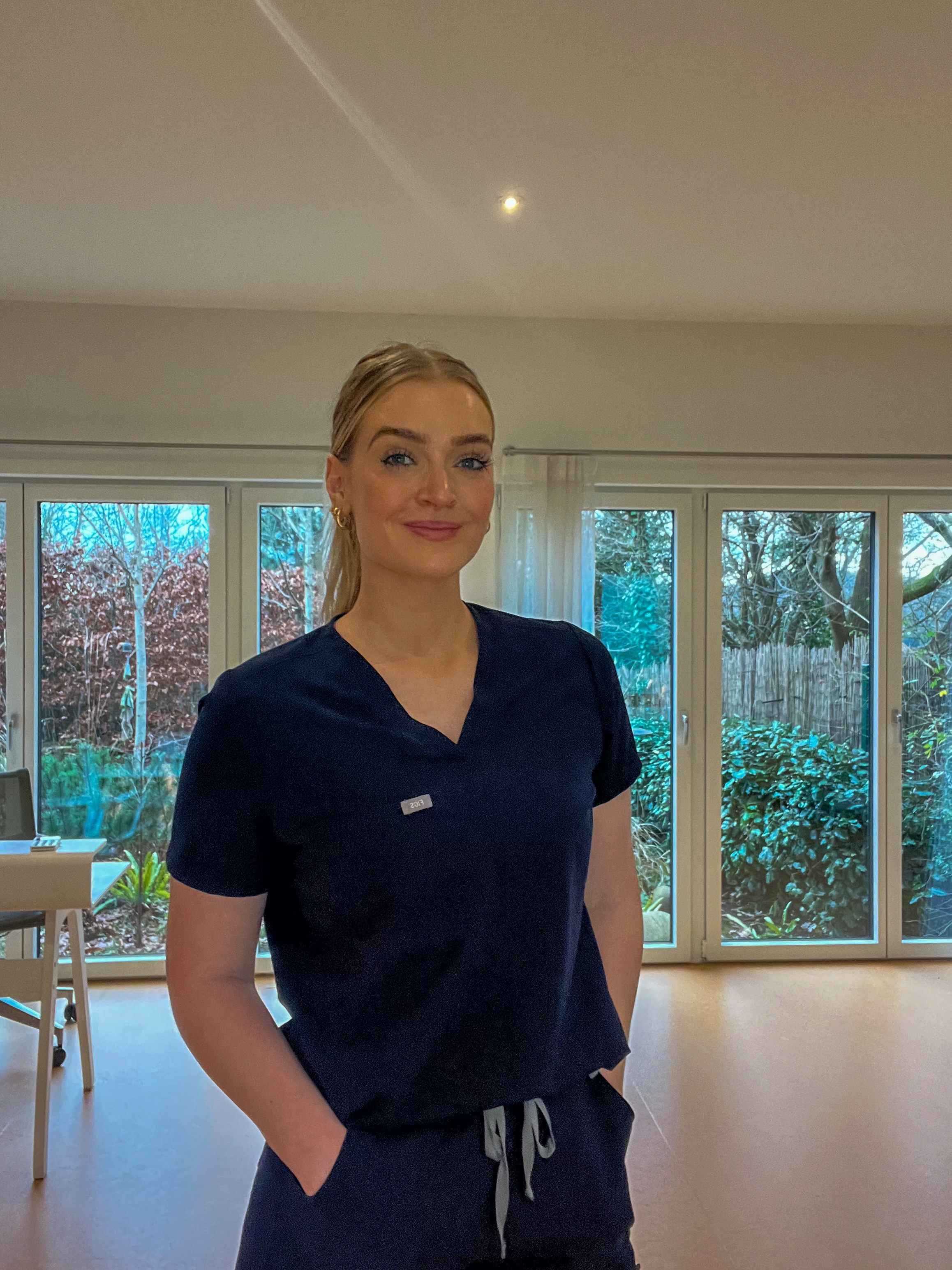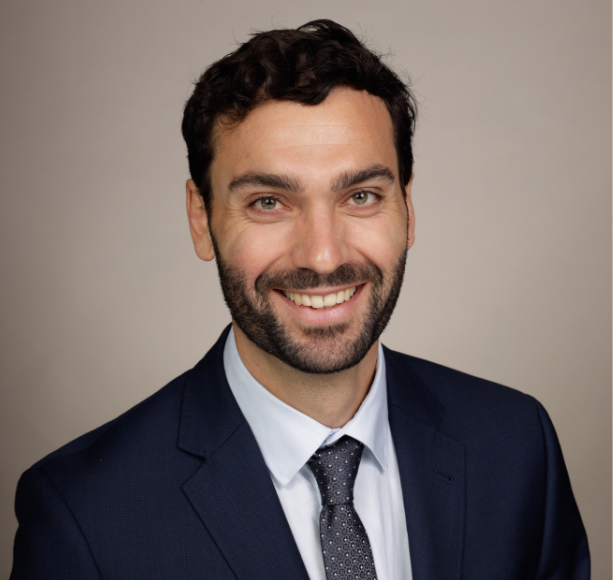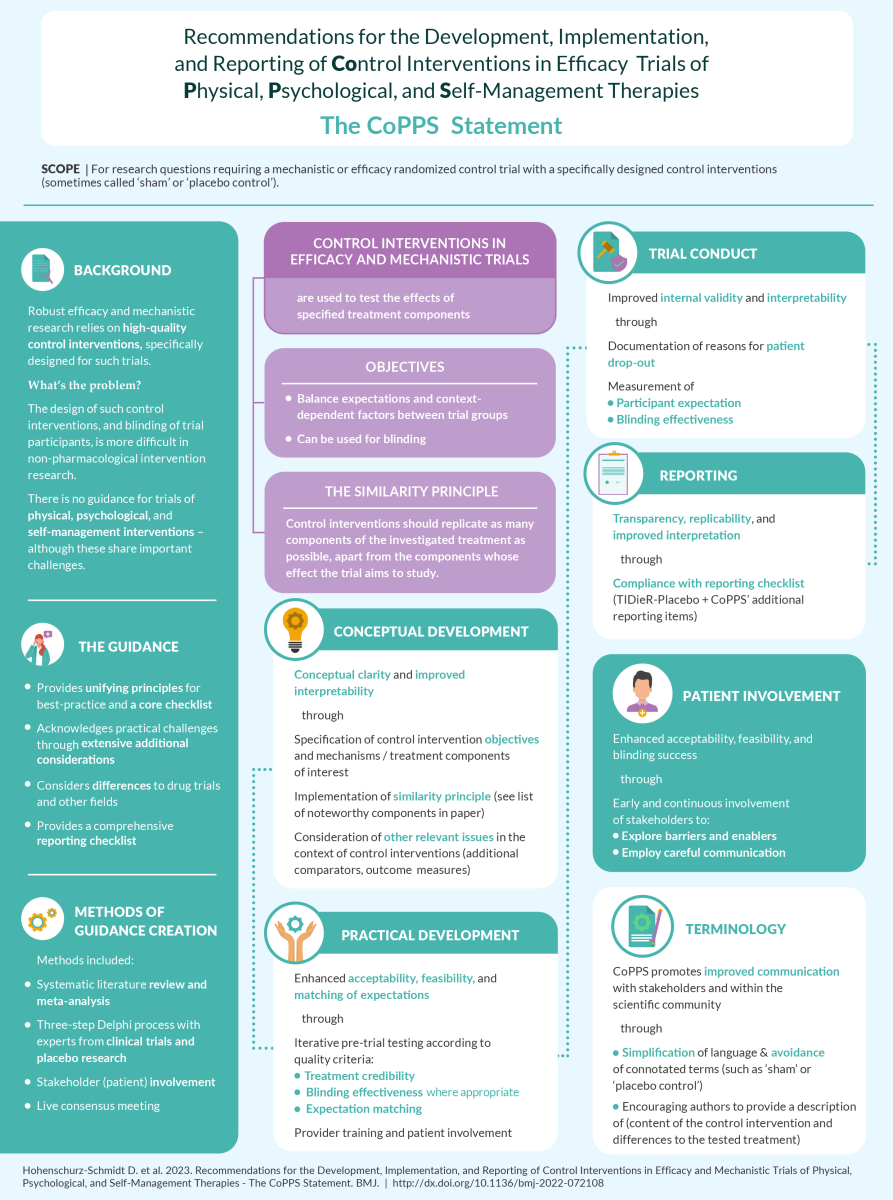Overview
Our Master of Osteopathy with Foundation Year provides a seamless pathway to our esteemed degree programme. Located at our Central London campus, you’ll have the opportunity to study in one of the world’s most dynamic and vibrant cities.
This Foundation Year offers a holistic learning experience, allowing you to collaborate with students from diverse health science disciplines. With support from our dedicated teaching staff, you’ll build confidence and essential academic skills while preparing for the demands of the Master of Osteopathy degree.
This comprehensive Master of Osteopathy program is designed to equip you with the essential knowledge, skills, and confidence to embark on a rewarding journey in the field of Osteopathy. Whether you are considering a career in osteopathy or seeking a solid introduction to manual therapy and holistic healthcare principles, this course provides a robust starting point.
Course Details
This foundational program introduces you to key aspects of osteopathy, including:
- Anatomy and Physiology Fundamentals: Develop a strong understanding of the human body and its systems.
- Introduction to Manual Therapy Techniques: Gain an insight to the basic principles of hands-on osteopathic care.
- Holistic Patient Care: Gain insight into the holistic approach that sets osteopathy apart, focusing on physical, emotional, and lifestyle factors.
- Critical Thinking and Evidence-Based Practice: An introduction to developing an analytical skills to assess and apply scientific research in clinical settings.
- Professional Development: Explore pathways for further study, from undergraduate osteopathy degrees to advanced clinical practice.
Why Choose Osteopathy?
Osteopathy is a unique healthcare profession that emphasizes the interrelationship between the structure and function of the body, promoting natural self-healing through hands-on techniques and holistic patient care. As demand for osteopathic practitioners continues to grow worldwide both in private practice and the NHS in the UK, this course serves as your stepping stone into a career that prioritizes improving patients’ quality of life.
Pathway to Your Future
This foundation course is more than just an introduction; it is a gateway to various professional opportunities. Upon successful completion, you will be well-prepared to:
Advance into an Integrated Masters Degree in Osteopathy, which is required for professional registration and practice:
This MOst programme has multiple routes for completion and offers the ability to balance study and work/life commitments without compromise to your knowledge base. The course will cover all aspects required to ensure that your osteopathic skills reach their full potential. You will cover various units of the course including Professionalism, Being an Osteopath, Patient Care, Functioning Human and Research and Enquiry. These units will cover topics such as physiology & pathophysiology, embryology, concepts of osteopathy, advanced techniques and professional standards amongst many other areas. Thses subjects will be further bolstered by clinical based learning in our general and specialist clinics, ensuring that the 1000 hours of pre-qualification clinical experience are met in line with the General Osteopathic Councils requirements for undergraduate education.
Develop a deeper understanding of human health, opening pathways to interdisciplinary collaboration within the medical field.
Who Is This Course For?
This course is ideal for:
- Aspiring osteopaths seeking a structured introduction to the profession.
- Healthcare professionals or students interested in expanding their knowledge of manual therapies.
- Anyone passionate about exploring a patient-centered, holistic approach to health and wellness.
How the course is structured
In your Foundation Year, you’ll establish a solid base by studying essential topics such as Human Sciences, an Introduction to Healthcare, and Personal Development, preparing you for the next three years on the Master of Osteopathy (M.Ost) course.
The M.Ost full-time programme is structured as a ‘spiral curriculum’, with students revisiting the same topics throughout the degree, with the subject matter increasing in complexity and reinforcing previous learning.
The course is divided into four phases:
- Level 4 – Novice, where you begin to develop a sound foundation for being an osteopath and primary care practitioner. You will acquire basic knowledge and skills; understand the patient in context and how they are able to adapt to challenges in their environment; grasp the conceptual basis of osteopathy; and appreciate the challenges associated with being an osteopath.
- Level 5 – Advanced Beginner, where your knowledge and skills are further developed, consolidated and integrated to provide a secure basis for your developing clinical work.
- Level 6 – Competent, where you focus on integrating a range of new and previously acquired knowledge and skills in order to understand how the person functions holistically.
- Level 7 (Masters Level) – Proficient, where you are given the opportunity to take your clinical skills to a much deeper level.
You will complete a number of units at each year of study focusing on five key areas: Professionalism, The Functioning Human, Patient Care, Research and Enquiry, Being an Osteopath.
A detailed overview of the course structure, including the level and credit weighting of each unit as you progress through the course, can be found in the Course Information Form available to download from this page.
How you will be assessed
The course is assessed through both summative and formative assessments including:
- Examinations
- Coursework
- Presentations
- Group projects
- Case reports
- Logbook
- Portfolio
- Reflective essays
- Online assessments
- Development of a learning portfolio
- Case studies
- Practical and clinical examinations
More information can be found in the Course Information Form available to download from this page.
Career opportunities
The majority of osteopaths choose to work in private practice, either independently or within a practice alongside other osteopaths and healthcare professionals. Others work within the NHS as part of multidisciplinary teams. There are also opportunities to practice abroad, dependent on local regulations.
Osteopathy graduates may also choose to work in specialist fields including professional sports, paediatrics, animal osteopathy, research, public health and education.
A regulated profession
In the UK osteopathy is a primary healthcare profession with statutory recognition, and an allied health profession within the NHS. Osteopaths are regulated by the General Osteopathic Council (GOsC) and must have completed a Recognised Qualification, be registered with the GOsC and undertake continuing professional development to practice legally.
To find out more about this course by reading the course specifications below:
Course Specification – Foundation Year
Unit Breakdown
Year 0 - Foundation Year 
All students studying on a Foundation course will take the following core units:
- Human Sciences I (20 credits)
- Introduction to Healthcare (20 credits)
- Personal and Professional Development (20 credits)
- Human Sciences II (20 credits)
- Gateway Extended Project (20 credits).
Pathway Unit
Foundations in Osteopathy unit (20 credits)
Full Time
Year 1 - Full Time 
Level 4 (120 Credits)
- Being an Osteopath (30 Credits)
- Functioning Human (40 Credits)
- Patient Care (30 Credits)
- Research & Enquiry (20 Credits)
Year 2 - Full Time 
Level 5 (120 Credits)
- Being an Osteopath (30 Credits)
- Functioning Human (30 Credits)
- Patient Care (30 Credits)
- Professionalism (10 Credits)
- Research & Enquiry (20 Credits)
Year 3 - Full Time 
Level 6 (120 Credits)
- Being an Osteopath (30 Credits)
- Functioning Human (30 Credits)
- Patient Care (30 Credits)
- Professionalism (10 Credits)
- Research & Enquiry (20 Credits)
Year 4 - Full Time 
Level 7 (120 Credits)
- Being an Osteopath (60 Credits)
- Professionalism (20 Credits)
- Research & Enquiry (40 Credits)
Part Time
Year 1 - Part Time 
Level 4 (100 Credits)
- Being an Osteopath (10 Credits)
- Functioning Human (40 Credits)
- Patient Care (30 Credits)
- Research & Enquiry (20 Credits)
Year 2 - Part Time 
Level 4/5 (110 Credits)
- Being an Osteopath (20 Credits)
- Research & Enquiry (20 Credits)
- Functioning Human (30 Credits)
- Patient Care (30 Credits)
- Professionalism (10 Credits)
Year 3 - Part Time 
Level 5/6 (90 Credits)
- Being an Osteopath (30 Credits)
- Research & Enquiry (20 Credits)
- Functioning Human (15 Credits)
- Patient Care (15 Credits)
- Professionalism (10 Credits)
Year 4 - Part Time 
Level 6/7 (80 Credits)
- Being an Osteopath (30 Credits)
- Functioning Human (15 Credits)
- Patient Care (15 Credits)
- Research & Enquiry (10 Credits)
- Professionalism (10 Credits)
Year 5 - Part Time 
Level 7 (100 Credits)
- Being an Osteopath (60 Credits)
- Professionalism (10 Credits)
- Research & Enquiry (30 Credits)
Staff

Course Leader
Patrick Gauthier
Interim Head of School, UCO School of Osteopathy
Patrick Gauthier is the Interim Head of the UCO School of Osteopathy at Health Sciences University, London. An experienced academic leader and clinician, he is dedicated to advancing osteopathic education through interdisciplinary collaboration and technological innovation. Patrick leads the curriculum redesign of UCO’s flagship osteopathy programme, integrating AI-enhanced learning, clinical simulation, and digital tools to futureproof student training. With a background in healthcare leadership, anatomy education, and policy development, he also contributes to national strategies on education and regulation.
Full bio
BSc Hons Ost, PGCert ACE, Senior Teaching Fellow - Deputy Course Leader

M.Ost Unit Leader

ScOst, BSc(Hons)Ost, PGCertACE - Unit Leader for Professionalism, UCO School of Osteopathy
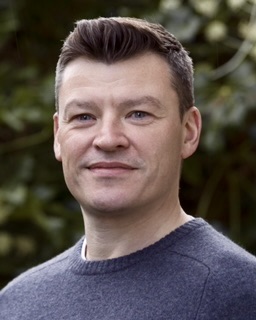
ScOst, BSc(Hons)Ost, PGCertACE - Unit Leader for Professionalism, UCO School of Osteopathy
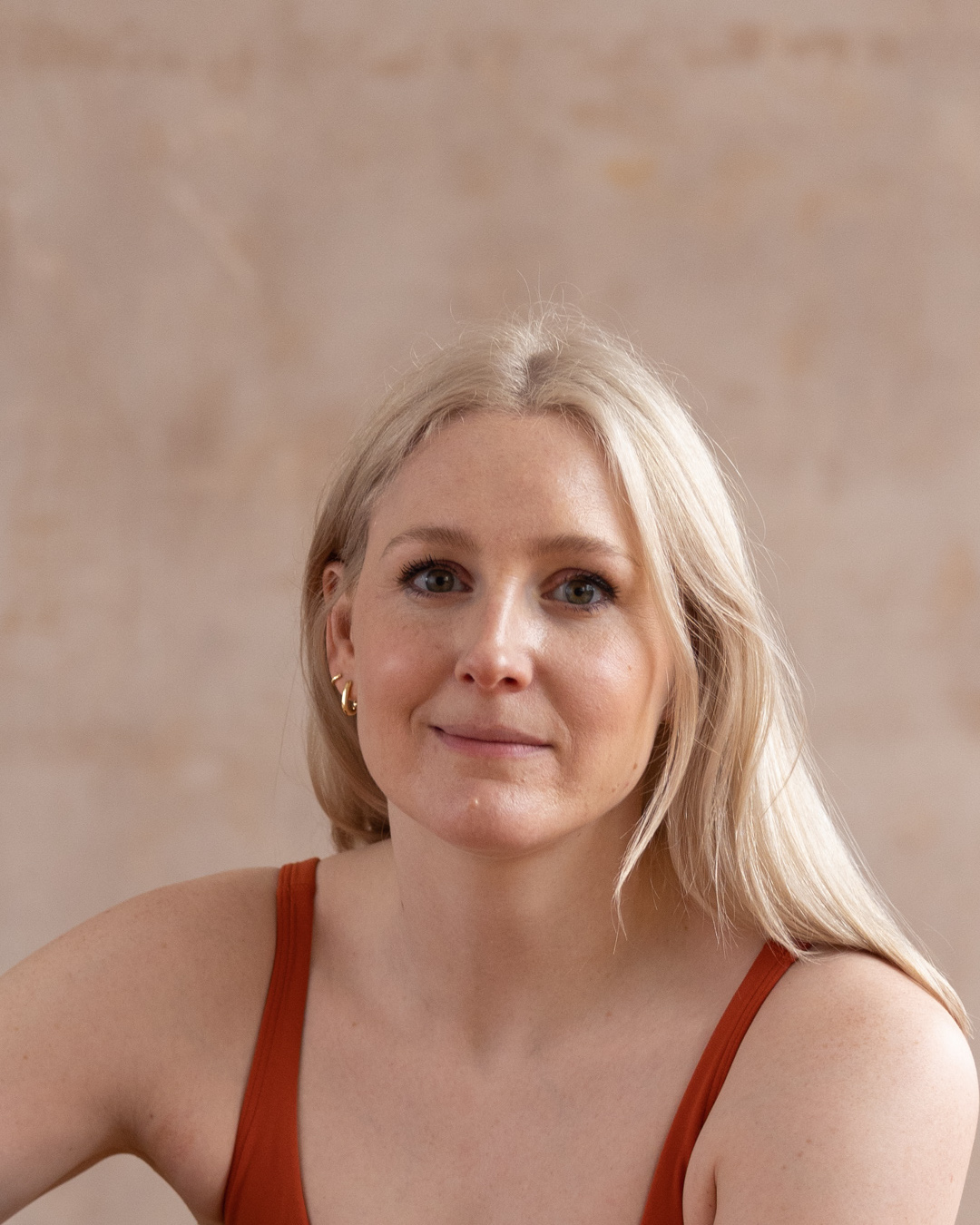
M.Ost, BPA (Hons) - Lecturer and Assistant Practice Educator
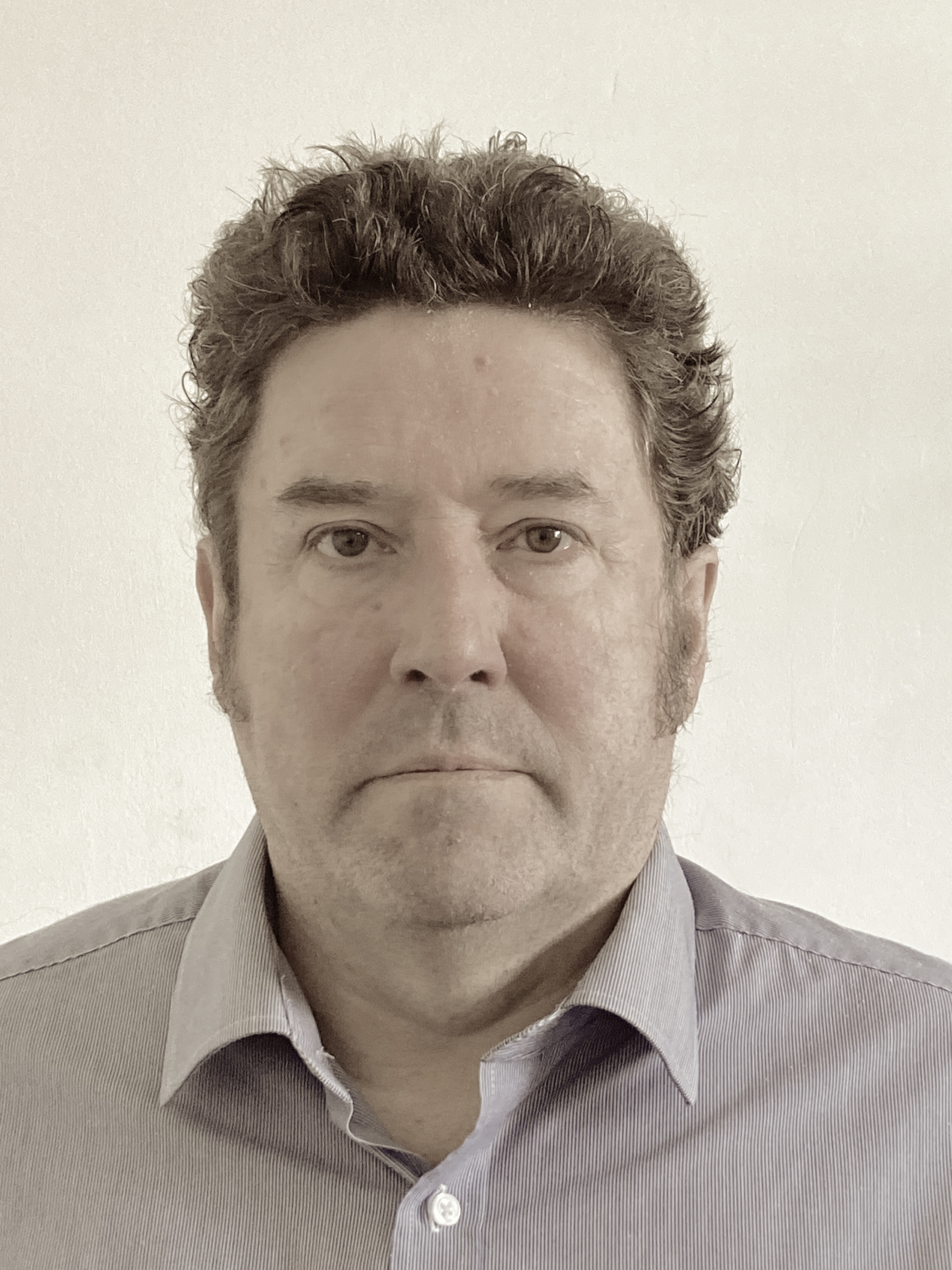
MSc/D(Ost Care); DO(Hons); BA(Hons/Biol) and BA(Hons Psychol); PGC-ACE - Clinical Tutor/Practice Educator; Lecturer in Neurology; postgraduate speaker; Expert Witness
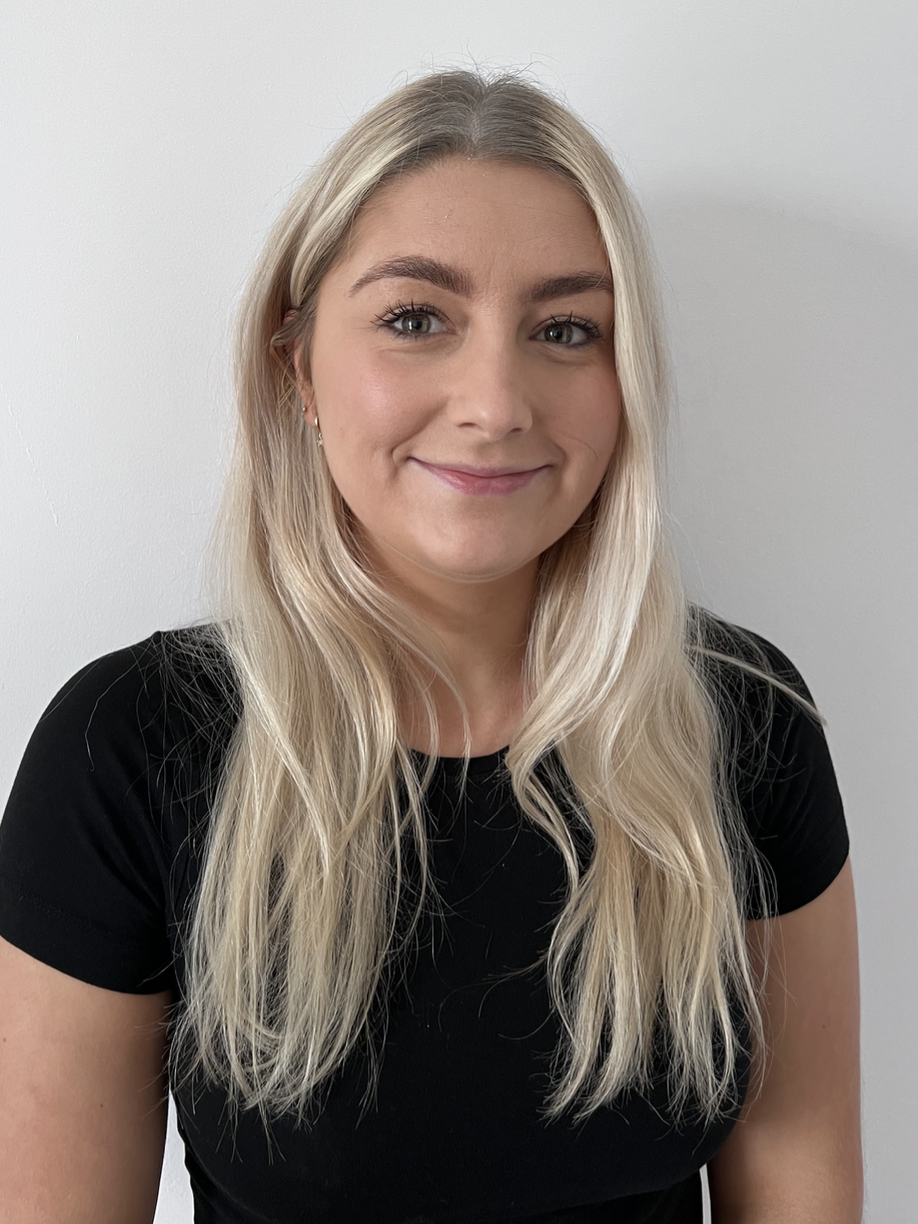
Entry Requirements
What grades do I need? 
If you’re applying from the UK or Ireland:
You’ll need a minimum of five GCSEs at grade 4 (C) or above including English language and Maths. Key Skills/Functional Skills Level 2 in Communication and Application of Number can be accepted in place of English and Maths GCSE. For mature or non-traditional applicants consideration will be given to individual circumstances.
Is there anything else that is required?
If you live in the UK, we’ll need a satisfactory Disclosure and Barring Service (Enhanced DBS) check. It’s standard for all UK students and we’ll be there to guide you through the process once you’ve applied.
- 64 UCAS Tariff points
- A-levels: DDE or higher. Your grades can be in any subject, though we don’t consider General Studies.
- BTEC Extended Diploma: Merit
- Access to HE Diploma: 45 credits at level 3 with a merit profile or above. We accept a range of different Access programmes to join us on the our Foundation Year pathway courses. Access to Health Sciences, Access to Science, Access to Medicine, Access to Nursing would all be accepted.
- International Baccalaureate: Overall grade of 28 points or higher.
- Scottish Highers/Advanced Highers: BBCCC or above from 5 Higher subjects.
- Irish Leaving Certificate: Minimum of 5 subjects at Higher level, with grades H3, H3, H3, H4, H4 or above.
- T Levels: Merit in any T-Level subject.
We welcome learners from non-traditional backgrounds and will consider individual circumstances where appropriate.
If you have undertaken a qualification that’s not listed, it may still be considered. Get in touch with our Admissions team via email or call us on 01202 436200 and we’ll be happy to answer any questions you have.
Is there anything else that is required? 
If you live in the UK, we’ll need a satisfactory Disclosure and Barring Service (Enhanced DBS) check. It’s standard for all UK students and we’ll be there to guide you through the process once you’ve applied.
To gain a place on the course applicants must also successfully undergo an interview process. These interviews will be undertaken remotely via Teams. More information about this process will be provided if/when applicants are invited to the interview stage.
Please note:
You may be required to have an occupational health screening prior to commencement on the course.
For more information about our admissions policies and procedures, including our Admissions Complaints and Appeals Policy, see our latest policies.
International Students 
If your qualification is not listed here, please read our international entry requirements or get in touch with our Admissions team.
Please note:
To be accepted onto this course; you will also need to demonstrate that you meet the minimum standards of English.
For further information on English language requirements, please read our English language requirements. More information on permission to study in the UK can be found on our Visas and Immigration page.
Still have questions about applying?
Course Fees
Tuition Fees
Full-time:
UK/ROI/Channel Islands and Isle of Man students – £9,535 per year
International – £13,566 per year
Part-time:
UK/ROI/Channel Islands and Isle of Man students – £6,935 per year
International – £10,914 per year
Please note:
These fees are for the 2025-26 academic year only and may be subject to increase in subsequent years of study. Any increase will be in line with our Tuition Fees Policy but will not be more than 5%.
Additional course costs
Your tuition fees will cover the cost of all mandatory elements of your course. There are additional course related costs are not included in the tuition fees. So you will need to budget for them when you plan your spending.
For further fees guidance for all students at Health Sciences University whether full time or part time please refer to our Tuition fees policy.
Visit our student finance pages for more information on:
- Additional Costs
- Fees and funding
- Scholarships and Bursaries
- Student finance resources
Note:
For students to be eligible for funding from Student Finance England, they must be studying on an eligible course at a provider registered with the Office for Students (OfS). Health Sciences University is registered with the OfS. View the register and search for Health Sciences University.
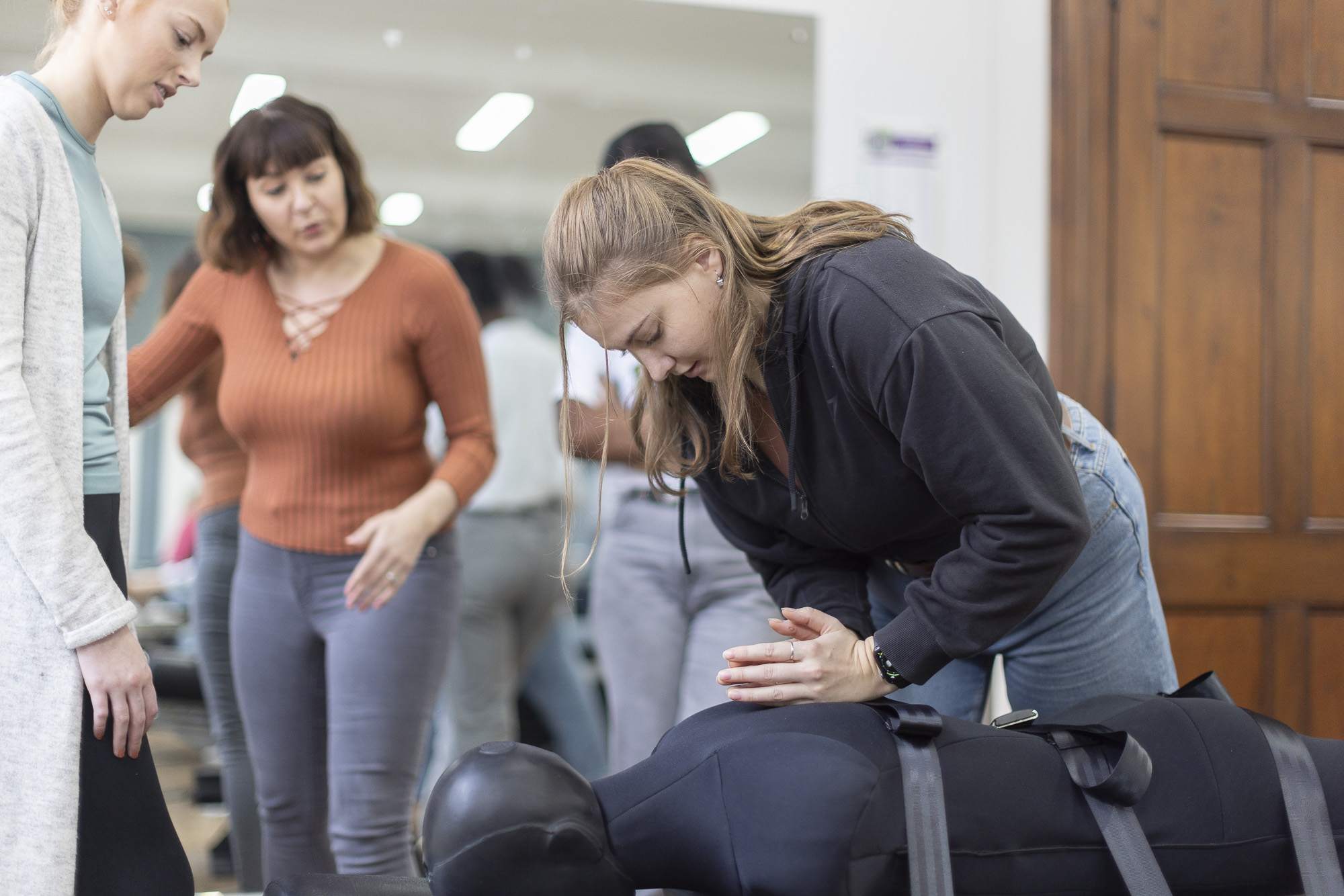
Why choose Health Sciences University
There are many benefits to studying at Health Sciences University, from our expertise and history in teaching health sciences, to our state-of-the-art facilities, on-site clinical training, and of course our location on the beautiful Bournemouth coast.
Latest News
Discover and read all the latest news, press releases and happenings here at Health Sciences University.
Find us
Health Sciences University
Bournemouth Campus
Parkwood Road
Bournemouth
BH5 2DF
Health Sciences University
London Campus
275 Borough High Street,
London
SE1 1JE
